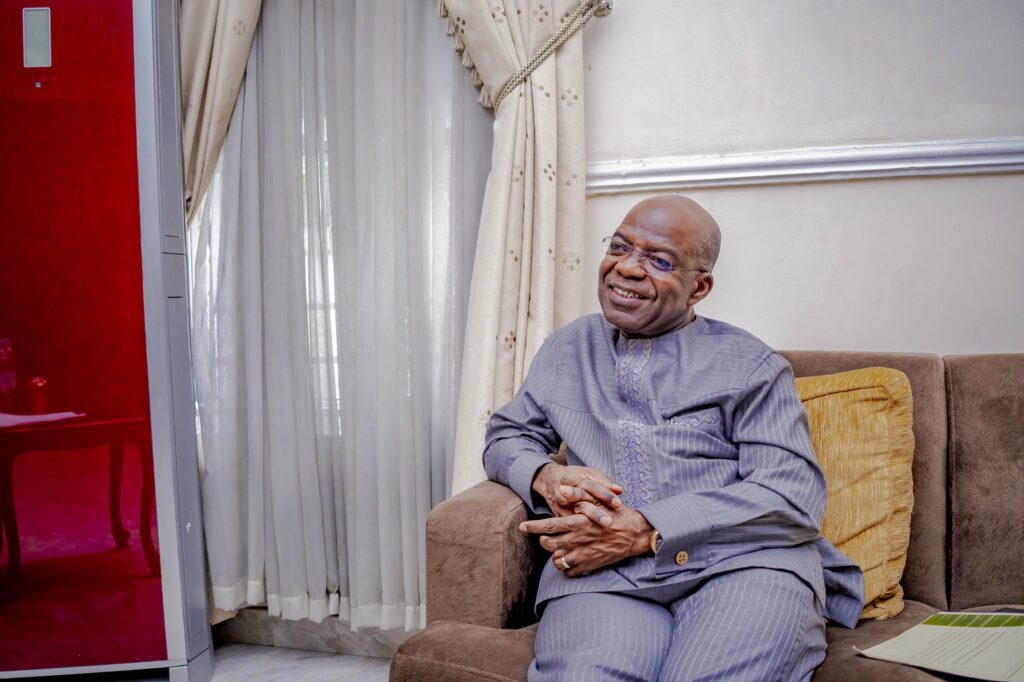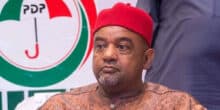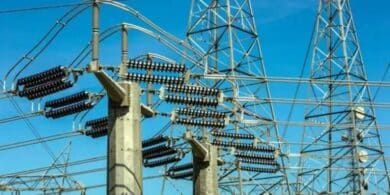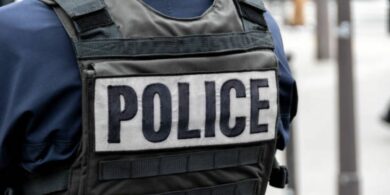AfDB approves $115m loan to Abia for road rehabilitation, erosion

The Board of Directors, African Development Bank (AfDB), has approved a loan of 115 million dollars to support a major road rehabilitation project in Abia State, Nigeria.
This is contained in a statement issued by the Nigeria Country Department of the bank on Saturday in Abuja.
nfl store
sex toys for sale
nike air max 270 sale
wigs for women
team uniforms
nike air max shoes
adidas factory outlet
nike air max sale
best sex toys
cheap wigs
custom jerseys
basketball jeresys custom
baseball jerseys custom
sex toy store
Human Hair Wigs
nike air max 90
It said the project would see to the rehabilitation of roads, erosion control infrastructure and preparation of solid waste management facilities in the state capital, Umuahia, and the commercial hub, Aba.

”Financing for the project estimated at a total cost of 263.80 million dollars, will come through an AfDB loan of 100 million dollars.
”A Canada–AfDB Climate Fund (CACF) loan of 15 million dollars; and a 125 million dollars co-financing loan from the Islamic Development Bank (IDB).
”The Abia State government will provide 23.80 million dollars in counterpart funding for compensation to people affected by the project and implementation of a Resettlement Action Plan,”it said.
According to the statement, the project, which is expected to be completed in 2029, has a total of 248.46 km of road.
It said it had 58.03 km of roads in Umuahia and 190.43 km of roads in Aba which would be rehabilitated to asphaltic concrete standards at varying cross-sections.
It said: ”Erosion sites in Umuahia and Aba will be reinstated as well as preparatory studies were undertaken for private sector participation in solid waste management for the two cities.
”The project will also include capacity building, project management and development of social infrastructure.
”This includes the rehabilitation of schools and the provision of sanitation facilities in schools, community markets and hospitals.”
It said with an estimated population of 553,000 and 814,000 respectively (2022 estimates), Umuahia and Aba, the commercial hub, were currently facing serious infrastructure challenges.
The statement said this aroused from decades of underinvestment amid rapid urbanisation and the situation was aggravated by gully erosion and emergence of huge piles of solid waste on the roads.
It said when completed, the 1.37 million population in these two cities would benefit from reduced travel time, vehicle operating costs and lower transport cost.
”The project will also create 3,000 temporary jobs (30 per cent for women) at the construction phase, and about 1,000 permanent jobs during the operational phase.
”The permanent jobs will particularly benefit the youths, who will make up 50 per cent of the project.
”They will be trained in contract management by the State Youth Road Maintenance Corps for road maintenance, a body of young Abia engineers drawn from the 17 Local Government Areas of the State,”it said.
Mr Lamin Barrow, the Director-General of AfDB’s Nigeria Country Department, said the project would build resilience by providing the town access to urban infrastructure services, including economic and social amenities.
Barrow said: “The results from implementation of the project will help expand access to economic and social amenities in the two cities, and thereby contribute to building sustainable and liveable cities.”
The News Agency of Nigeria (NAN) reports that AfDB’s portfolio in Nigeria comprises 48 operations worth 4.2 billion dollars.
The national (Federal and States) operations account for 90 per cent of the portfolio, for 41 projects amounting to 3.79 billion dollars, while multinational operations constitute 10 per cent for seven projects amounting to 0.41 billion dollars.
There are 24 Sovereign Operations, 2.36 billion dollars or 56 per cent of total commitments and 24 Non-Sovereign Operations (1.84 billion dollars or 44 per cent).







